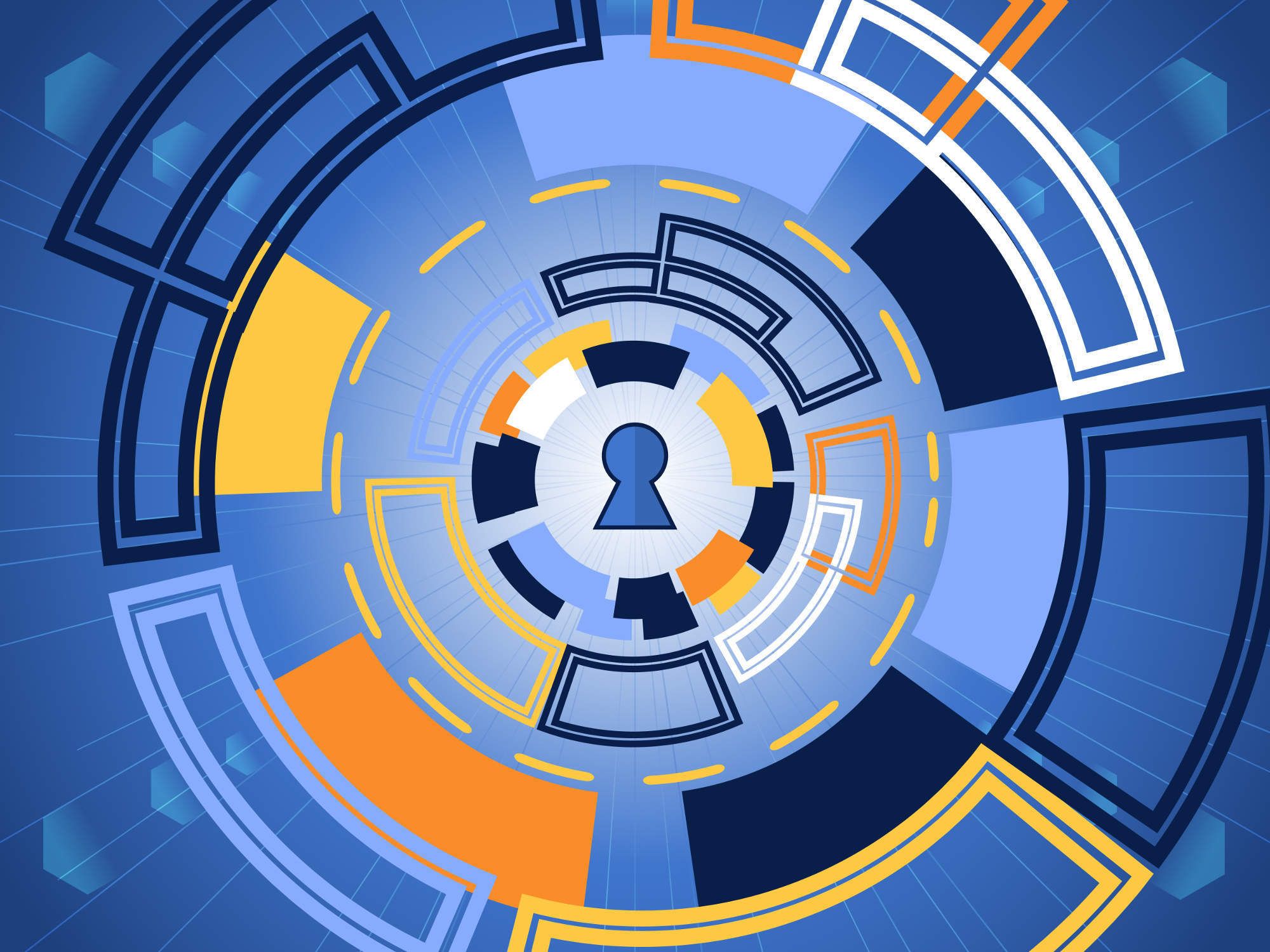Symantec, the world’s largest cyber security firm by revenue, has a plan to shore up its most profitable business, but history suggests it won’t be successful.
Symantec’s been the world’s largest cyber security vendor for more than a decade but it has been unable to slow a steady decline in consumer revenue, long its most profitable category.
After earning a staggering $2.11bn in consumer revenue in 2013, that figure has declined ever since, falling to just $1.66bn this past year.
Symantec’s consumer antimalware business has been eroded by the precipitous drop in personal computer sales.
Much like rivals McAfee, Trend Micro and others, Symantec works with PC manufacturers to pre-install its software on newly purchased machines. But as buyers prefer less virus-prone phones and tablets, Symantec has seen the need for its software gradually, but steadily, dry up.
Not surprisingly, Symantec is working to reverse the decline. Unfortunately, its strategies for doing so centre on an ill-advised theme: offer products customers don’t want, don’t need, and likely aren’t willing to pay for.
How well do you really know your competitors?
Access the most comprehensive Company Profiles on the market, powered by GlobalData. Save hours of research. Gain competitive edge.

Thank you!
Your download email will arrive shortly
Not ready to buy yet? Download a free sample
We are confident about the unique quality of our Company Profiles. However, we want you to make the most beneficial decision for your business, so we offer a free sample that you can download by submitting the below form
By GlobalDataWhat’s the strategy been so far for Symantec?
To begin the remake of its consumer business, Symantec earlier this year spent $2.3bn for anti-fraud software provider LifeLock.
The goal was to become a broad provider of consumer digital safety products and services.
The reality is, at $9.99 per month to start, LifeLock is little more than an overpriced, minimally effective fraud-notification service that has already run afoul of the US Federal Trade Commission multiple times.
Its plan, to package LifeLock with its Norton antimalware, looks to simply unite two disliked (often ineffective) products.
Symantec’s latest consumer offering, Norton Core, is a consumer security device that claims to deliver business-grade security features to home networks.
Yet ironically, at a time when consumers are fervently cutting cords – abandoning cable television in favour of Internet TV services, and ditching traditional computers for tablets and mobile devices – Symantec wants consumers to pay $279.99 for a polyhedron-shaped appliance that, to the naked eye, offers little value.
What do these strategies have in common?
Symantec’s consumer strategy today, as in the past, exhibits an inability to adapt to the disruption created by innovation and commoditisation.
Without a change of course, Symantec’s recent history of consumer revenue declines and market share losses will continue.
A wiser approach?
Instead of attempting to sell products, Symantec needs to provide value.
Symantec must solve real-world security concerns like insecure public wifi connections, rampant ransomware, and fading consumer privacy at the hands of the Internet of Things.
People are no longer interested in installing a device or configuring a VPN and Symantec must deliver capabilities from the cloud, on-demand, in easy-to-consume ways.
Like nearly every other IT vendor, Symantec’s future won’t hinge on selling software and hardware, but rather services that help people with their security problems.
To reverse its fortunes, these are lessons Symantec must learn and put into practice before its time – and its investors’ patience – runs out.








Related Company Profiles
Trend Micro Inc
McAfee Corp
NortonLifeLock Inc